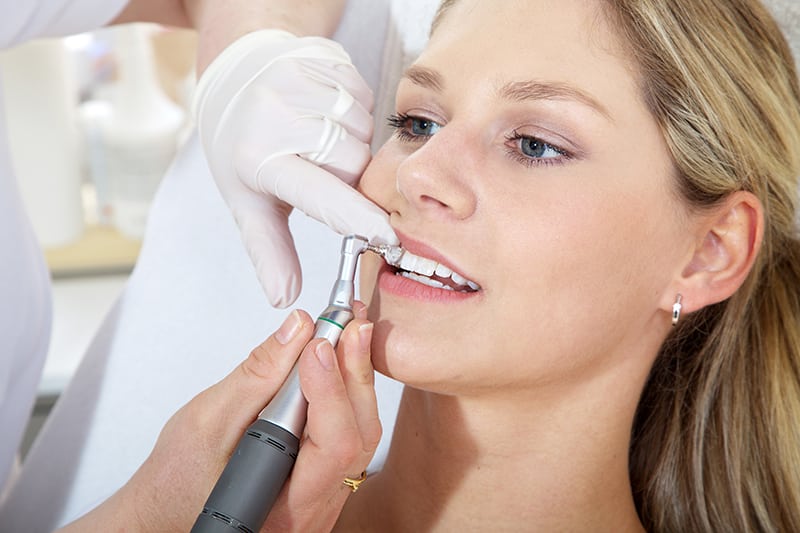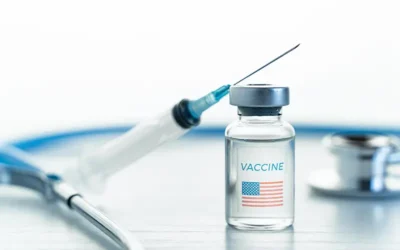Medicaid — the taxpayer-subsidized public health program which aims to help low-income individuals afford health care — provides dental benefits for eligible adults. Dental services are also a required service for most Medicaid-eligible individuals under the age of 21, as a required component of the Early and Periodic Screening, Diagnostic and Treatment (EPSDT) benefits. Dental billing companies stay abreast of all aspects of insurance and billing for Medicaid, Medicare, and commercial insurance, and help dentists to provide the best care to patients while maximizing their dental insurance benefits.
Dental insurance is expensive, more so for people looking for comprehensive coverage. Dental insurance plans generally classify dental services into three groups:
Group 1: Preventative and diagnostic care, such as x-rays and cleanings
Group 2: Basic restorative care, including fillings and root canals
Group 3: Major restorative care, including dentures, bridges, and crowns
Whether Medicaid beneficiaries will be covered for these services depends on the state they live in.
Medicaid Coverage for Dental Care by State
Medicaid provides access to oral health care for low-income adults who are eligible for Supplemental Security Income (SSI) benefits, and other individuals in need, including children, disabled and elderly people. However, dental Medicaid financial eligibility requirements for adults differs among states. Based on the state they live in, patients need to meet different qualifications and requirements for dental care to be covered by Medicaid.
Both dentists and patients need to be aware of the requirements applicable to their designated state. However, as a Dentistry Today article points out, there is a general lack of awareness among those on Medicaid about their dental benefits. According to the ADA Health Policy Institute (HPI), up to 31.3% of people enrolled in Medicaid were not certain about their dental benefits, while 37.7% of those had a misconception of their benefits in their designated state. So, let’s dive into the topic.
Here are the key points about dental benefits for individuals on Medicaid:
- Medicaid state-wise dental coverage is categorized as:
- Extensive
- Limited
- Emergency and Medically Necessary
- No coverage
The following table shows states’ coverage of dental benefits for adults in Medicaid:
| Extensive coverage | California, Colorado, Connecticut, District of Columbia, Idaho, Illinois, Iowa, Massachusetts, Montana, New Jersey, New Mexico, New York, North Carolina, North Dakota, Ohio, Oregon, Rhode Island, Washington, Wisconsin |
| Limited coverage | Arkansas, Indiana, Kansas, Kentucky, Louisiana, Michigan, Minnesota, Mississippi, Missouri, Nebraska, Pennsylvania, South Carolina, South Dakota, Vermont, Wyoming |
| Emergency dental services and medically necessary coverage | Alaska, Arizona, Florida, Georgia, Hawaii, Maine, Nevada, New Hampshire, Oklahoma, Texas, Utah, Virginia, West Virginia |
| No coverage | Alabama, Delaware, Maryland and Tennessee |
Now let’s look at what coverage under each of these 4 categories means:
- Extensive coverage: Washington is one of the states with extensive Medicaid coverage. Here, Medicaid covered dental services (Apple Health (Medicaid) for
adults (21 years and older) include:- Routine exams
- Cleaning
- Fillings
- X-rays
- Fluoride application
- Extractions (pulling teeth)
- Nitrous Oxide
- Other limited dental services, including:
- Periodontal (gum disease)
- Root canal (front teeth only)
- Dentures/Partials
- Oral Surgery
Dental services that Medicaid Washington does not cover for adults include Bridges, Crowns, Implants and Orthodontics.
Some Medicaid covered dental services for eligible children, age 20 and younger, in Washington include: - Routine exams
- Cleaning
- X-rays
- Sealants
- Fillings
- Crowns
- Fluoride application
- Extractions (pulling teeth)
- Orthodontic services for children with a cleft palate or other serious dental problems (medically necessary services covered with prior authorization).
- Limited coverage: Wyoming is one of the states with limited Medicaid coverage. Medicaid beneficiaries in this state have limited preventive and emergency services, but no restorative services.
Children ages 0-20-
- 2 Preventive visits/year (cleanings,
- exams, x-rays, fluoride)
- Restorative – fillings, crowns
- Periodontics – gum treatment
- Endodontics – root canal therapy
- Orthodontics – braces
- Tooth replacement – bridges, implants, dentures, partials
- Oral Surgery – extractions, jaw surgery,
- TMJ treatment
Medicaid eligible clients under age 19 may receive treatment for severe malocclusion. Medicaid only reimburses codes D8000-D8999 to enrolled providers who have obtained a Prior Authorization (PA) for treatment in the Wyoming Severe Malocclusion (SM) Program prior to treatment.
Adults ages 21 and older
- 2 Preventive visits/year (basic cleanings, exams, x-rays)
- 2 Emergency visits/year
- Extractions
- Repair or reline of existing dentures or partial dentures
-
- Emergency dental services and medically necessary coverage: In Florida, Medicaid emergency- based dental services
(Statewide Medicaid Managed Care)-
- Dental Exams (limited)
- Dental X-rays (limited)
- Dentures
- Extractions (removal of teeth)
- Pain Management
- Problem Focused Exam
- Sedation (dental services while asleep or partly asleep)
If you are under age 21, you may be eligible to receive the following dental services
- Ambulatory Surgical Center or Hospital based Dental Services
- Dental Exams
- Dental Screenings
- Dental X-rays
- Dentures and Partials
- Extractions (removal of teeth)
- Fillings and Crowns
- Fluoride
- Oral Health Instructions
- Orthodontics (Braces)
- Periodontics
- Root Canals
- Sealants
- Sedation (dental services while asleep or partly asleep)
- Space Maintainers
- Teeth Cleanings Expanded dental benefits are available in all dental plans for those 21 or older with prior approval from the dental plan:
- Additional Dental X-rays
- Additional Dental Exams
- Additional Extractions
- Dental Screenings
- Fillings (silver and white)
- Fluoride
- Oral Health Instructions
- Sealants
- Teeth Cleanings (basic and deep)
-
- No coverage: Medicaid does not cover any type of dental care for adults in Alabama, Delaware, Maryland, and Tennessee.
Oral health is crucial for overall health, well-being and quality of life. However, many low-income families do not get the dental care they need. According to the American Dental Association and Centers for Medicare and Medicaid (CMS), the main reason for this is the lack of knowledge among Medicaid beneficiaries about the benefits of being on Medicaid as well as due to the low proportion of dentists who are willing to accept Medicaid dental plans.
The federal government is taking steps to address this challenge by educating people about Medicaid’s dental benefits specific to each state. As the Dentistry Today article notes, though Medicare payment is less than commercial insurance, dentists should realize that accepting more Medicaid patients will increase the practice’s overall revenue. By partnering with a reliable dental billing company, dentists can maximize reimbursement and also get assistance to understand Medicaid coverage in their designated state. Experienced companies provide comprehensive support for dental billing and coding as well as insurance authorization and verification services.




